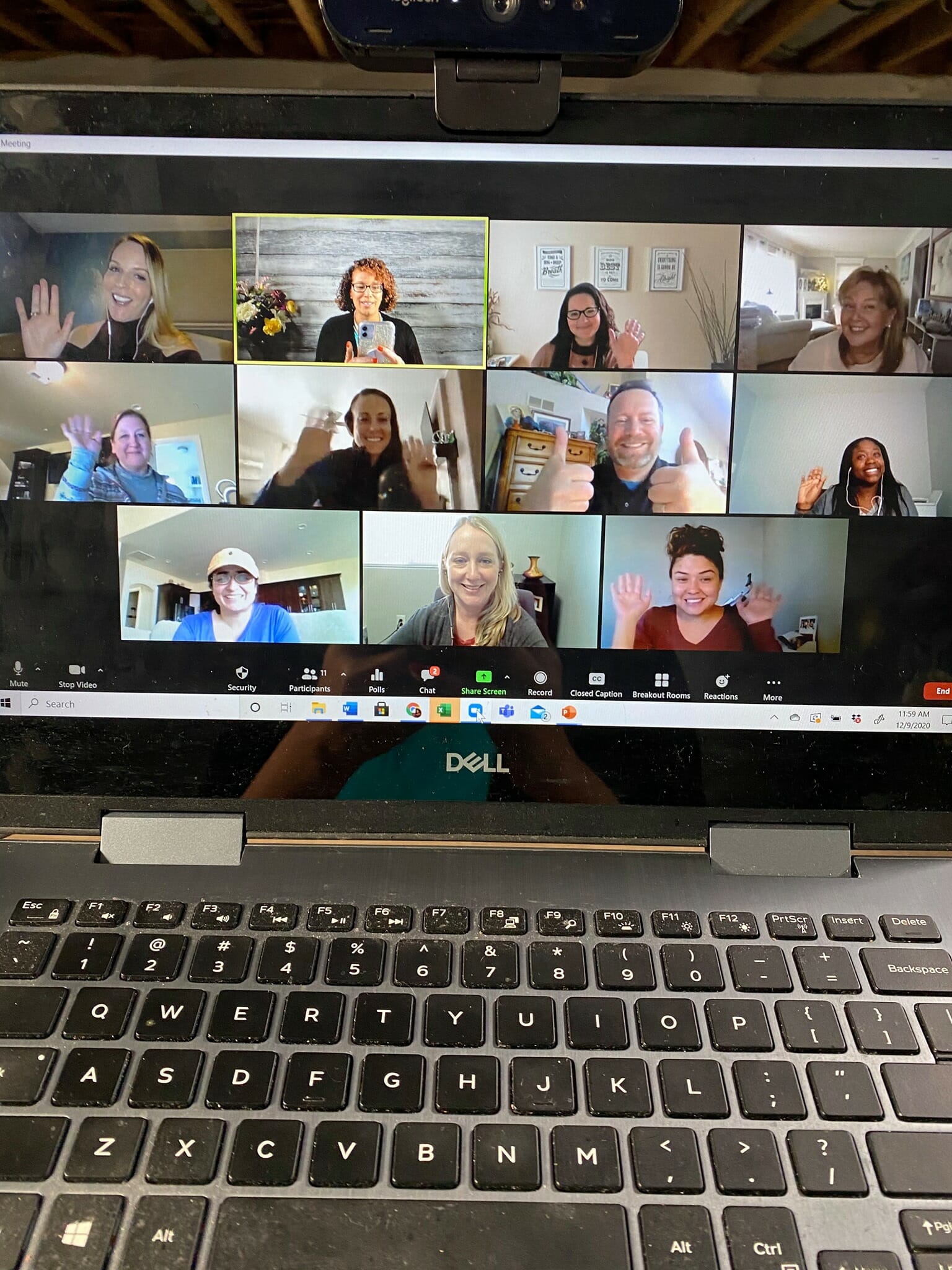Recently, I began conducting weekly Human Resources community power hours. I hope to provide a safe space for like-minded professionals to be in community with one another. This way we can share our thoughts and feelings in an open, self-led forum. The call is intentionally just for HR professionals, since I know we tend to prioritize others’ emotions above our own. As so-called “people persons,” HR professionals are naturally empathetic, and sometimes we lose sight of our own needs as we concentrate on meeting others’.
In the first meeting, the group was discussing community expectations—what we hope to get out of these calls, the future of this space, potential discussion topics, the structure, etc. One participant said they would love to discuss mental health. I immediately agreed and scheduled a future call devoted entirely to that topic. She suggested a fantastic idea, and I was more than happy to amplify it in our next meeting.
Later, I reflected on my impulsive support of my colleague. I’m often comfortable taking risks and letting others steer the direction of meetings, because I’ve experienced the value of diverse perspectives. As an HR consultant, I find that leaders want to keep the reigns firmly in their own hands and maintain control of the conversation. However, this unintentionally prevents others from being creative and innovative. Essentially, it stifles their motivation to raise new, exciting ideas.
I would caution you against hogging the spotlight for yourself for a few reasons. It is absolutely critical to let other people shine. Caring leaders want their team members to feel as if they’re in a place where they can grow, be recognized, and reach their full potential. If your employees truly feel this way, they will be empowered to exceed their own expectations.
When you recognize hard work and give credit to those that deserve it, they will feel an increased sense of loyalty to you and your organization. They will feel honored and valued for what they bring to the table. Not only that, but they will also feel more inclined to trust you, which begins with you offering them your trust. If you publicly accept input from others and share the spotlight, you will be perceived as a leader who trusts their team.
In short, no one likes when limits are imposed on them. As humans, we naturally want to be free from containment. If your employees feel like they can’t share ideas without being snubbed for credit, they’ll also feel constrained at work and be unable to excel. Just remember, collaboration at the office isn’t a zero sum game—when one of us shines, we all shine.




